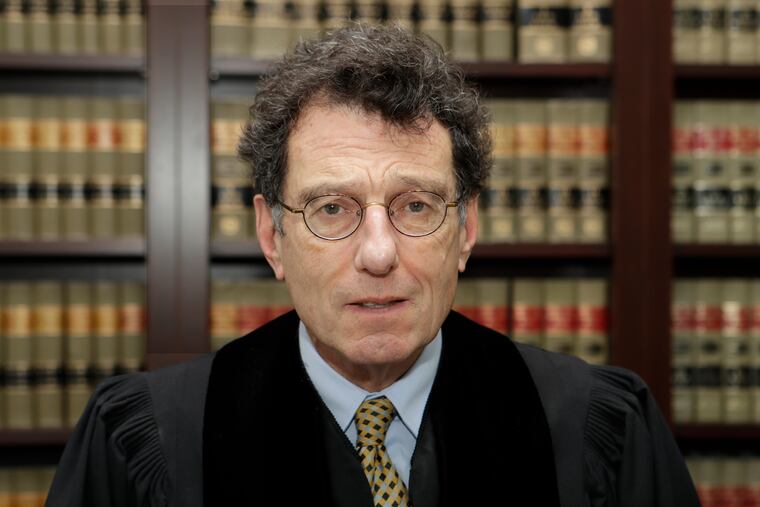Drug company attorneys seek to disqualify federal judge
Attorneys representing eight drug distributors, pharmacies and retailers facing trial next month for their roles in the national opioid crisis are seeking to disqualify the federal judge overseeing their cases.

CLEVELAND — Attorneys representing eight drug distributors, pharmacies and retailers facing trial next month for their roles in the national opioid crisis filed a motion late Friday seeking to disqualify the federal judge overseeing their cases saying he has shown clear bias in his effort to obtain a multi-billion-dollar global settlement.
According to the motion filed in U.S. District Court in Cleveland, where Judge Dan Polster presides over most of the 2,000 lawsuits filed by state, local and tribal governments, the Judicial Code requires judges to recuse themselves whenever there is an appearance of prejudice or bias.
The attorneys wrote that Polster has made comments during hearings, media interviews and public forums about the importance of getting help to governments struggling to contain a crisis that has killed 400,000 people nationally since 2000.
"Defendants do not bring this motion lightly," the motion said. "Taken as a whole and viewed objectively, the record clearly demonstrates that recusal is necessary."
Polster has not responded to the motion filed by attorneys for the drug distributors AmerisourceBergen Drug Corp., Cardinal Health, McKesson Corp. and Henry Schein Inc.; drug store chains CVS, Rite Aid and Walgreen; and retailer Walmart.
Next month's trial on behalf of the Ohio counties of Summit, which includes Akron, and Cuyahoga, which includes Cleveland, are viewed by Polster as a bellwether that could shape how other lawsuits are eventually resolved. Several drug manufacturers have settled with the counties ahead of trial.
The attorneys say Polster's comments about his intentions to get plaintiffs help during hearings, media interviews and public forums are evidence of his bias and prejudice. They cited a remark made during the first court hearing in January 2018 for the multi-district litigation when Polster said, "My objective is to do something meaningful to abate the crisis and to do it in 2018."
The motion said: "Under settled law, any one of these statements would be enough to cause a reasonable person to question a judge's impartiality."
A statement released Saturday by the executive committee for attorneys representing the government plaintiffs gave Polster their full-fledged support, calling him a judge with "great integrity, intelligence, and impartiality" who has served on the federal bench for decades.
The statement calls the defense attorneys’ motion “a desperate move on the eve of trial by opioid companies that created, fueled and sustained the crisis following rulings by the court concluding that there is sufficient evidence to find that these companies created a public nuisance and conspired together to avoid regulation and sanctions.”